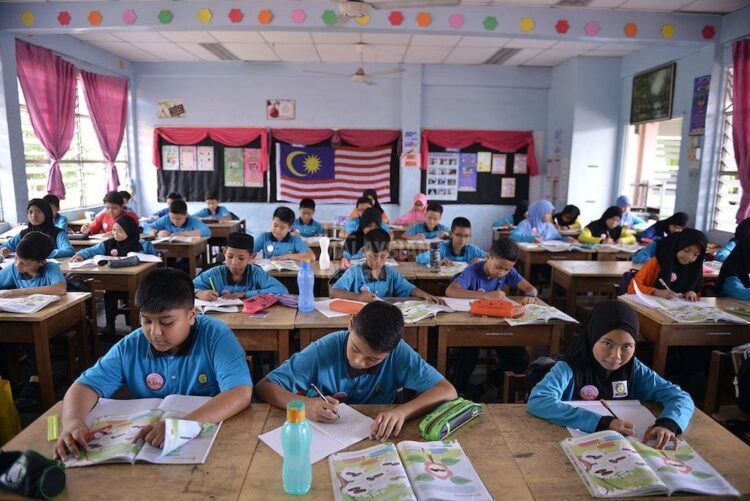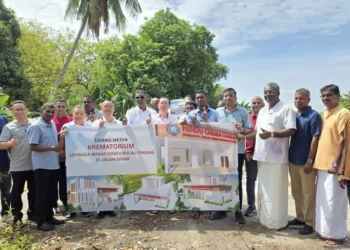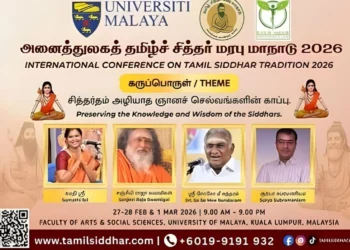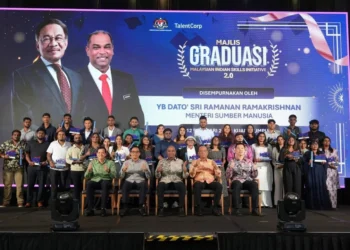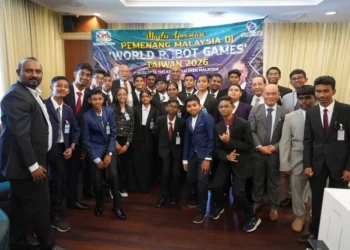In a move aimed to strengthen the regional cooperation and cultural understanding. Education Minister YB Fadhlina Sidek announced their expansion plans by having Thai, Khmer and Vietnamese as elective language subjects, beginning with selected institutions under the Ministry of Education. The announcement was made during the Empowering Education Summit 2025, where YB Fadhlina said the initiative reflects Malaysia’s ongoing commitment to regional integration.
“To our harness our bilingual strength in Bahasa Malaysia and English, we must ensure our young people are multilingual, adaptable and cultural competent”.
YB Fadhlina added that this expansion is aligned with the ASEAN Work Plan on Education, with reforms focusing on curriculum development, teacher training and industry linked TVET (Technical and Vocational Education and Training).
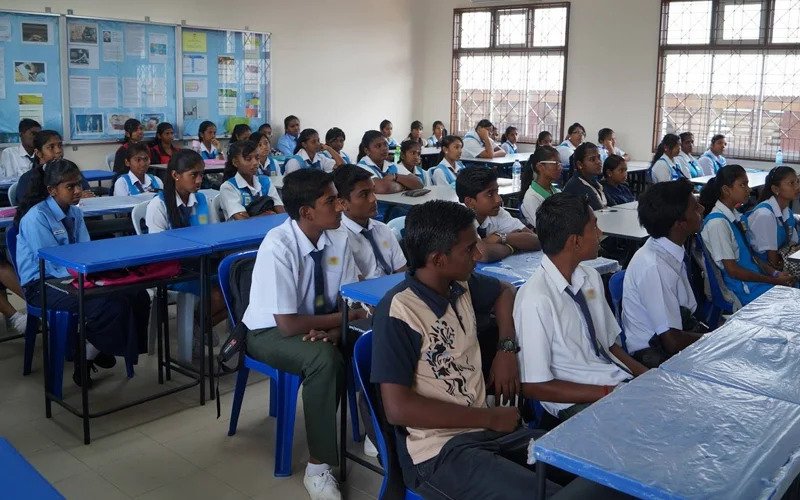
She also said that over 100,000 teachers are currently undergoing digital pedagogy training through partnerships with Google, UNESCO and Local Universities, part of a border national effort to prepare students for future learnings.
Responding to It, People Calls For Balance and Inclusion
The decision to introduce ASEAN languages has sparked responses from public figures and academics. Some suggest the need to balance the languages. Former Bersatu Leader, welcomed the ASEAN language move but said it should be matched with efforts to incorporate Mandarin and Tamil more meaningful in national schools, beyond a elective subject.
“These two languages don’t belong to one race alone. They’re part of Malaysia’s cultural fabric and should be available to all students, not just in vernacular schools”.
The Former Bersatu leader argued that multicultural classrooms, where a race student learn another language are no longer an ideal scenario but realistic goals that fosters shared understanding.
Similarly, an academic questioned whether schools should prioritise ASEAN language when many students still struggle with English and Bahasa Malaysia proficiency.
Balancing Global Vision and The Local Needs
YB Fadhlina, however reaffirmed that the expansion into ASEAN languages is not meant to replace or downgrade the importance of Bahasa Malaysia or English, but to add value to Malaysia’s multilingual identity, with particularly over 50% of ASEAN’s 670 million population is under 35.

The new elective language programme is expected to be introduced gradually with trained teachers, digital support and student interest taken into consideration.
While the proposal has sparked healthy debate, many agree that it opens space for broader conversations about Malaysia’s language policy and national identity.
Follow us on Instagram, Facebook or Telegram for more updates and breaking news.


